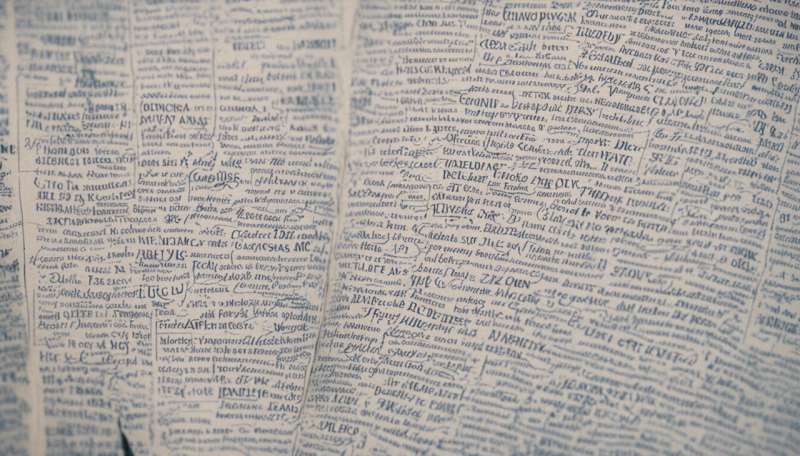In the era of Brexit and fake news, scientists need to embrace social media

Social media can be an intimidating place for academics as not all of them take to it like ducks to water. For many newcomers, a more appropriate analogy is a newborn giraffe—clumsy, awkward and vulnerable to prey.
After all, researchers are employed to win bids, publish research and get cited. Since most of this happens behind closed doors or within circles exclusive to the academic community, the open forum of social media can seem like a distraction from the real work.
However, for those willing to make the leap, research suggests that once academics surpass 1,000 followers on Twitter there is an appreciable increase in the diversity of the audiences they reach with their work.
Communicating with people outside of academia means reaching those who might directly benefit from the research. These individuals and groups can then help shape future research aims and give useful feedback to scientists.
Still, many academics remain reluctant. There is no clear evidence that social media generates research impact that is beneficial to society, culture and the economy or at least it is very hard to measure.
Some academics have even lost tenure as a result of their behaviour on Twitter, while others have tried to disguise their limited expertise by building a reputation for authority online. With mounting pressure on the time of academics, social media can seem like it isn't worth the effort.
Despite this, research shows that there is growing curiosity among scholars to use social media in their work, but to sustain this interest there needs to be clearer evidence of the benefits. In the age of Brexit and fake news, social media is more important to academia than ever before.
A virtual bridge with the EU after Brexit
Brexit has sown uncertainty in British universities among staff who are from the EU. In other sectors, such as the NHS, anxiety over the result has caused a fall in the number of trained nurses coming from the EU to work in the UK.
British academics projected across social media could provide reassurance and support to international colleagues who have increasingly felt they are facing an uncertain future in the UK. Without more academics joining Twitter and other platforms, social media will continue to carry the voices of those who shout loudest. As a result, some of the biggest mouths deliver unwelcome messages to European colleagues who have built careers, homes and families in the UK.
No one truly knows what will happen in March 2019 when the UK formally leaves the EU, or if that will even happen. Social media presents a way of staying in touch with academics from across the Channel in any case, and allows people to stay abreast of new research, ideas and opportunities with European counterparts.
Academics will continue to communicate and collaborate on research after March 2019, but potentially not in the way that they have in the past. We do not know how Brexit will affect travel between the UK and the EU, but blogging and social media could promote openness in research that will bridge the divide left by tightening freedom of movement.
The fight against fake news
As crude a term as it is, fake news is a threat to the principles of rigorous investigation that academia embodies. In the United States, the suppression of experts and their data by the Trump administration highlights the risks of scientists remaining silent and not using social media channels to challenge misinformation.
In this "post-truth" world, we have often heard that people no longer wish to hear from experts. This shift was captured, again, by the Trump administration and their failure to appoint a scientific adviser to the White House.
Of course, experts do get things wrong on occasions, but most people surely would rather a qualified pilot flew their plane than an amateur with opinions on aviation. Academics communicating their findings and ideas on social media platforms can attempt to address the balance that has shifted towards ill-evidenced news on these sites.
Improving working relationships with journalists can also ensure that stories shared online have links to open access versions of the research, so that science news is more easily checked for accuracy and properly credited to the original scientists.
The current moment and media climate may appear unfriendly to academia, but that is all the more reason for researchers to seize the initiative and reset the debate on their terms.
Provided by The Conversation
This article was originally published on The Conversation. Read the original article.![]()





















